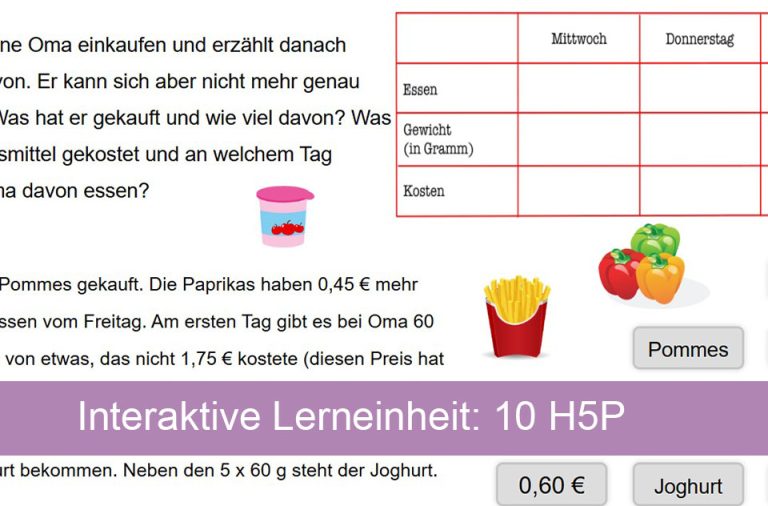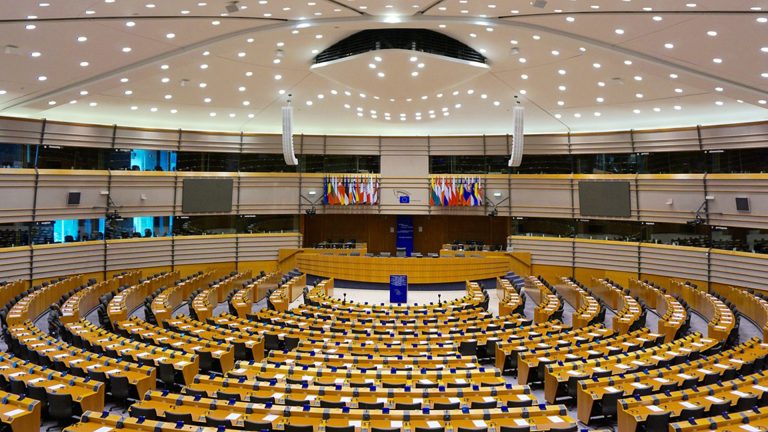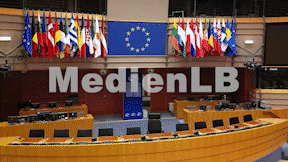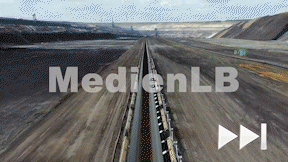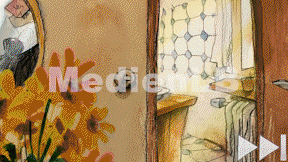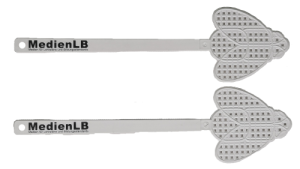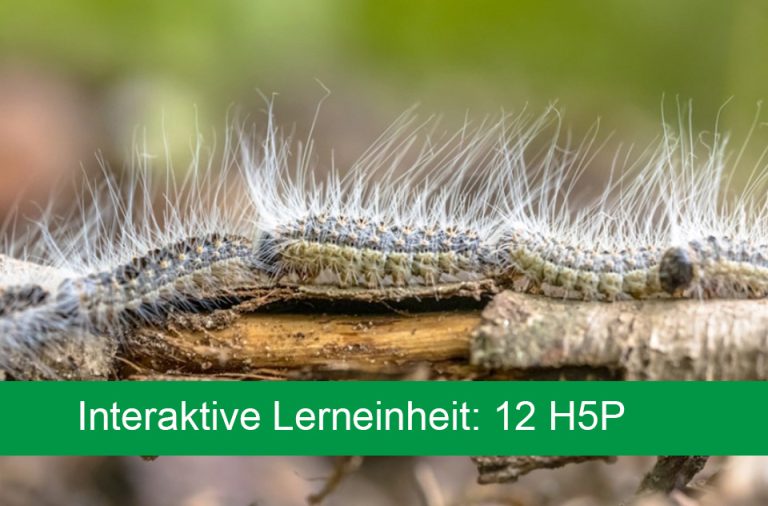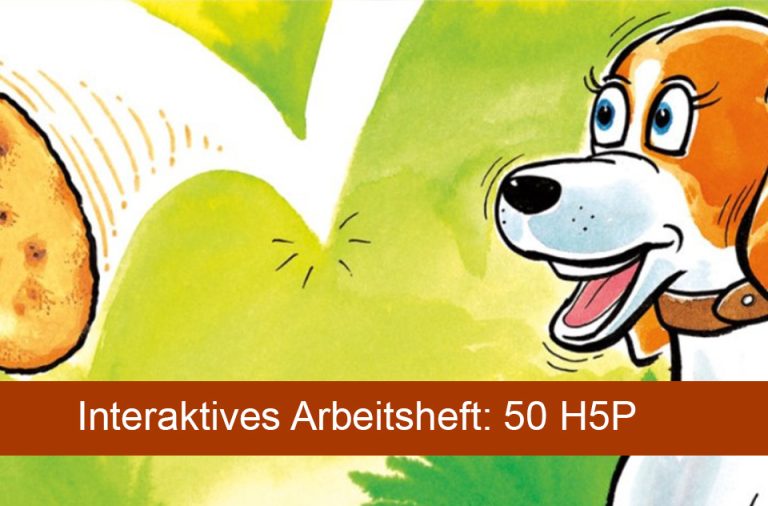Suche:
- # Artistry
- # Biology
- # Chemistry
- # Ecological
- # Economy
- # English
- # Foreign Language
- # Geography
- # German
- # Health
- # History
- # Informatik
- # Latin
- # Mathematics
- # Media Education
- # Music
- # Physics
- # Politics / Civics
- # Preschool
- # Primary School
- # Religion
- # Society
- # Sports
- # Technology
- # Training of Teachers
- # Vocational Education
Lerneinheit Mathematik 5/6
In zehn interaktiven Aufgaben lösen die Schülerinnen und Schüler logische Rätsel. Die Aufgaben eignen sich zur Auflockerung des Mathematik- aber auch des Deutschunterrichts
Learn moreÖkosystemmanagement
Ökosystemmanagement bezeichnet ein wissenschaftliches Konzept zu einem ganzheitlichen Umweltverständnis und einem nachhaltigen Umgang mit vorhandenen Ressourcen.
Learn moreKnowla Box
Mit der Knowla Box wird das Lernerlebnis für den Schüler so spannend wie ein Spiel! Durch interaktive Projektionen eröffnet sich eine Vielfalt an Unterrichtsmöglichkeiten für eine aktive, selbständige Schülerarbeit mit multimedialen Lehrmitteln.
Learn moreDichotomer Bestimmungsschlüssel
Was haben ein Wolf und eine Sonnenblume gemeinsam? Sie zählen beide zu den Eukaryoten –Lebewesen mit einem Zellkern – und stehen damit an erster Stelle der taxonomischen Bestimmungsrubrik Lebewesen.
Learn moreEuropäisches Parlament
Die EU ist ein freiwilliger Zusammenschluss europäischer Staaten und verschiedenen politischen Organen.
Learn moreNachwachsende Rohstoffe
Der global steigende Energieverbrauch stellt die Energiegewinnung vor große Herausforderungen.
Learn morePermakultur
Permakultur bezeichnet die Philosophie einer Landwirtschaft, die sich an den Prozessen der Natur orientiert und für Nachhaltigkeit steht. Entwickelt wurde es von den Australiern Bill Mollison und David Holmgren in den 1970er Jahren.
Learn moreStefan Zweigs Schachnovelle
Stefan Zweig (1881 – 1942) war ein großer österreichischer Schriftsteller. Die „Schachnovelle“ gehört zu seinen bekanntesten Werken.
Learn moreDer große Habenhunger
Anna besucht ihre Freundin Wanda und belegt sich den größten Burger der Welt. Alles, was sie sich wünscht, packt sie darauf und isst ihn.
Learn moreDie Retter in Rot
Die Deutsche Lebens-Rettungs-Gesellschaft, kurz DLRG, ist die weltweit größte Organisation der Wasserrettung.
Learn moreLearning unit Biology 5-8
In our interactive learning unit "Sachunterricht 4 - Blackbird" you will find 10 interactive and didactically prepared tasks on the subject of blackbirds.
Learn moreFranzösisch 5/6, Vol. 4
The medium offers H5P tasks that can be used without additional software. The medium contains texts and interactive tasks on the subject of picture stories.
Learn more



